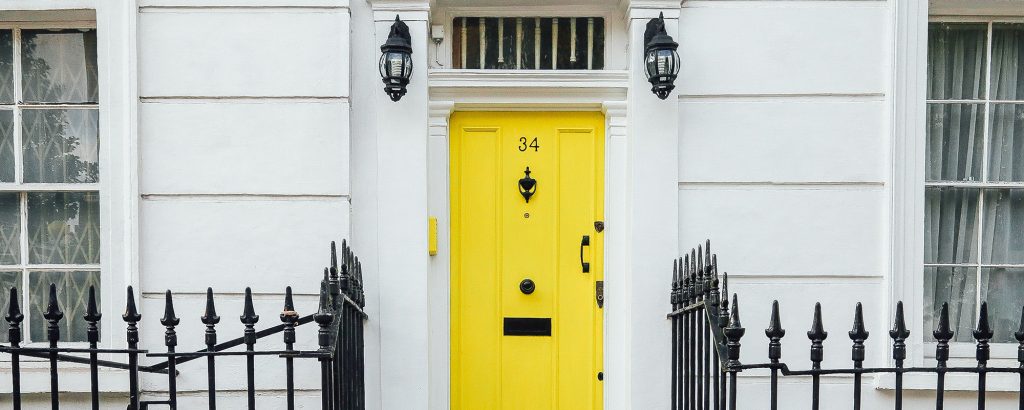
Have you been thinking about buying a leasehold property but have been put off because of the ground rent charges? You no longer need to let that stop you from going ahead with your purchase. From 30th June, ground rent cannot be charged on new residential leases.
What is ground rent and why is it an issue?
Ground rent is a charge that’s paid annually by a leaseholder to a freeholder. The fee is paid for the use of the land that the leasehold property stands on. Over the years, ground rent charges have become increasingly more expensive. They have risen from nominal amounts to hundreds of pounds in many cases. Each lease specifies the amount to be paid and the charge can either be a fixed or escalating one.
A major issue with escalating charges is that many developers have included clauses in the leases to double the ground rent each year. This has not only left leaseholders paying extortionate amounts but has rendered their properties unmortgageable or unsellable.
The Leasehold Reform (Ground Rent) Act
In 2017, the government proposed to reform the system relating to leaseholds, making it a fairer one. The first piece of legislation to tackle it – the Leasehold Reform (Ground Rent) Act – will come into force in England and Wales on 30th June.
The legislation will ban any ground rent charges from being applied to the majority of new residential long leases. Any future ground rents to be included in a new lease must be no higher than one peppercorn per year. This basically means a zero charge. Administration charges for peppercorn rents will also be banned for anti-avoidance purposes.
The government believes that the charges made for ground rents – which, in many cases, cost leaseholders hundreds of pounds each year – offer ‘no clear service in return’. With the fact that they can often escalate and with the current high cost of living, this ban will allow new homebuyers to purchase a leasehold property without having to worry about the extra financial strain that ground rents can pose.
Existing leaseholders who wish to extend their leases voluntarily (via a non-statutory route) will also benefit from a zero ground rent charge once the extension has been finalised. As well as this, freeholders won’t be able to increase the ground rent before the end of the current lease term. Retirement properties will have a peppercorn amount set for the ground rent too. The earliest that this will come into effect, however, is 1st April 2023.
Which types of leases are covered under the Act?
Most new ‘regulated’ residential leases will be covered by the Act from 30th June. Regulated leases include those that are for a single dwelling, have a term that’s longer than 21 years and have been granted for a premium. This means that most new residential long leases will fall under the ground rent ban, benefitting you as a new leaseholder of a flat or house in Bexleyheath.
Are there any exceptions?
There are a few, strictly defined exceptions from the Act. These include:
- Business leases
- Specific community housing leases
- Home finance lease plans
- Statutory lease extensions
What ground rent changes have already taken place?
Some landlords have already set their ground rent charges to zero for buyers taking on new leases ahead of the legislation commencement date. As well as that, thousands of leaseholders have benefitted from reduced ground rent charges following an investigation into major developers. These companies created leases with terms that doubled the ground rent charges each year. Some have now agreed to return the ground rent to the amount it was when the leaseholders originally bought their homes.
What further steps will be taken to reform the leasehold system?
The Leasehold Reform (Ground Rent) Act doesn’t apply to statutory lease extensions of flats or houses for existing leaseholders. The second piece of legislation, however, will tackle this issue. Whilst it’s still being developed, the legislation aims to allow existing leaseholders to extend their leases for a 990-year term at a ground rent of zero.
Another change that the second piece of legislation is expected to include is a new way for lease extension costs to be calculated as well as the costs for buying freeholds. This will prevent leaseholders from being charged too much.
Secure a competitive mortgage for your leasehold property
Now that you know you can proceed with buying a leasehold property without incurring huge ground rent charges, get in touch with us for expert mortgage help. Our mortgage brokers are on hand to give you impartial advice and guide you on the best mortgage deals to suit your circumstances and needs.
Simply call us on 01322 907 000 to discuss competitive Welling or Pimlico mortgages or remortgages. Alternatively, email us at info@trinityfinance.co.uk and one of our mortgage specialists will reply to you as quickly as possible. We have unrestricted access to the market so you can rest assured you’ll benefit from the best mortgage options available. We can also help you with various other home-buying services, such as arranging your home insurance and mortgage protection cover.

